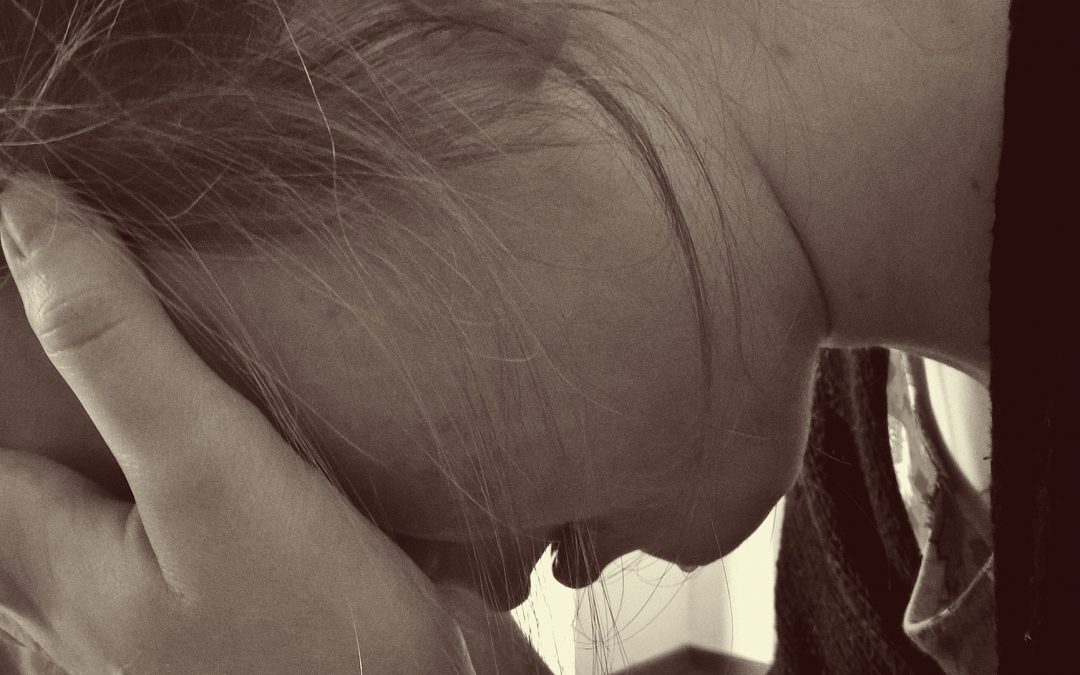Stroke is a serious, life-changing and often overwhelming event. Most people who suffer a stroke will experience some sort of emotional changes, including feelings of shock, anger, anxiety and depression. It’s normal to feel sad and upset after a stroke, but depression is when those negative emotions just won’t go away, and last for weeks or even months (1).
- Around 30% of stroke survivors will suffer from depression
Depression is common among stroke survivors, affecting approximately 30% of people, and is linked to worse ‘functional outcome’ (2). This means how a person gets on with day-to-day physical and cognitive tasks, such as speaking and socialising. However, if you have the support of friends and family around you, the impact is said to be less evident on the right hemisphere of the brain. This is the side of the brain that controls problem solving, memory and reasoning (3).
- Depression is 15% less common depending on the cause of stroke
Intracerebral haemorrhage and intracranial haemorrhage are both types of bleeding in, and around the brain, that can cause strokes. Interestingly, post-stroke depression is 15% less common in people who suffer from intracranial haemorrhage than intracranial haemorrhage, regardless of their age, sex and other demographic characteristics or the severity of their attack. But the people in this group who do get depression are more likely worse outcomes within a year after stroke (4).
- Depression is linked to poorer recovery in the first 3-12 months post-stroke
Post-stroke depression is one of the most common psychological consequences of stroke, affecting one third of all survivors (5). Depression has also been linked to poorer recovery within the first three to 12 months after the initial event. Early intervention, such as being able to talk to a healthcare professional in the first few days after a stroke, is key to a positive outcome for stroke survivors.
- At least one third of stroke survivors display mood symptoms
It is very common for people to experience a range of challenging emotions after stroke. In fact, approximately one third of stroke survivors report feeling angry, anxious or experiencing feelings of intense emotion (6). This could be because the part of the brain that normally controls emotions has been damaged. Some people also experience changes in personality. For example, a previously mild-mannered person may become angry and aggressive.
- People with stroke and depression are more likely to die
Depression also negatively impacts stroke outcome, with a higher chance of death and poorer recovery, negative quality of life, poor rehabilitation outcomes and poor functional ability (5). However, depression is classed as a modifiable risk factor for stroke. Which means that, with the right support and rehabilitation, it is a problem that can be improved, altering outcomes for patients before and after stroke.
References
- Debra Fulghum Bruce, PhD. Depression. Web MD. Medically reviewed by Jennifer Casarella on June 28, 2021. https://www.webmd.com/depression/guide/what-is-depression.
- Amytis Towfighi, Bruce Ovbiagele, Nada El Husseini et al. Poststroke Depression: A scientific Statement for Healthcare Professionals from the American Heart Association/America Stroke Association. .
- Khedr, E.M., Abdelrahman, A.A., Desoky, T. et al. Post-stroke depression: frequency, risk factors, and impact on quality of life among 103 stroke patients—hospital-based study. Egypt J Neurol Psychiatry Neurosurg 56, 66 (2020). https://doi.org/10.1186/s41.
- Stern-Nezer S, Eyngorn I, Mlynash M, Snider RW, Venkatsubramanian C, Wijman C A, & Buckwalter MS (2017). Depression one year after hemorrhagic stroke is associated with late worsening of outcomes. NeuroRehabilitation, 41(1), 179-187.
- Tissa Wijeratne and Carmela Sales. Understanding why depression may be the norm rather than the exception: The anatomical and neuroinflammatory correlates of post-stroke depression. Journal of Clinical Medicine. 2021. .
- Depression and other emotional changes. https://www.stroke.org.uk/sites/default/files/user_profile/depression_and_other_emotional_changes.pdf.
Updated February 2022
Next review 2024















